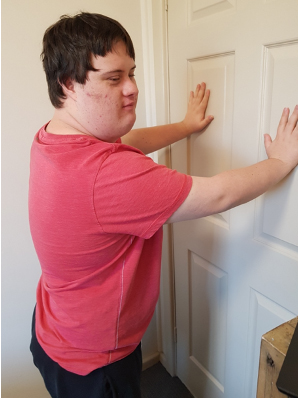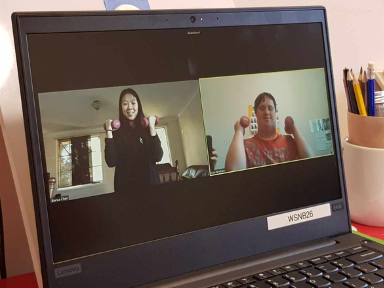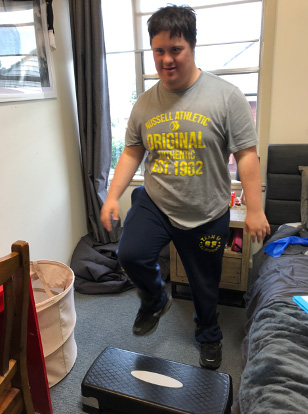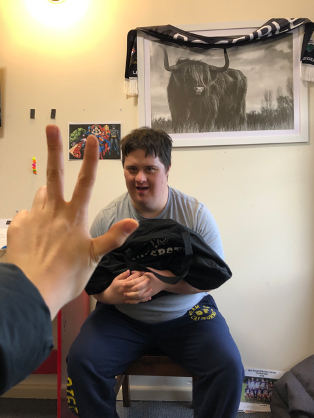
What are the Benefits of Exercising Daily and Receiving NDIS Exercise Physiology Services Online?
Jacob is a 25-year man diagnosed with Down Syndrome, Schizophrenia and Wolff-Parkinson-White Syndrome. Down Syndrome is a condition where a child is born with an additional copy of chromosome 21, meaning they have an extra chromosome in each cell. This causes some level of intellectual disability, small facial features (head, ears and mouth), weak muscle tone (hypotonia) and increased risk of developing other health conditions (Down Syndrome, 2019). Jacob also has aqueduct syndrome, resulting in profound hearing impairments.
However, this does not stop Jacob from pursuing his goals, being active and eating right to look after his health and to improve his quality of life!
“Jacob’s goal: to continue to be healthy, both mentally and physically.”





Written by Bianca Chan
Bianca is an NDIS Exercise Physiologist
Bianca provides exercise physiology services in the Hills District of Sydney. She sees clients in Castle Hill, Cherrybrook, Kellyville, Dural & Rouse Hill as well as Beecroft, Carlingford, Parramatta and Ryde.
Reference:
Down Syndrome Australia. (2019). What is down syndrome?